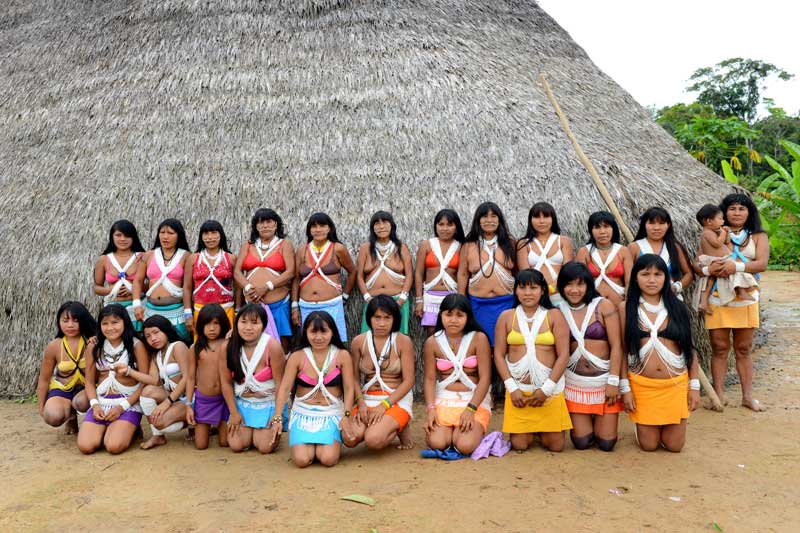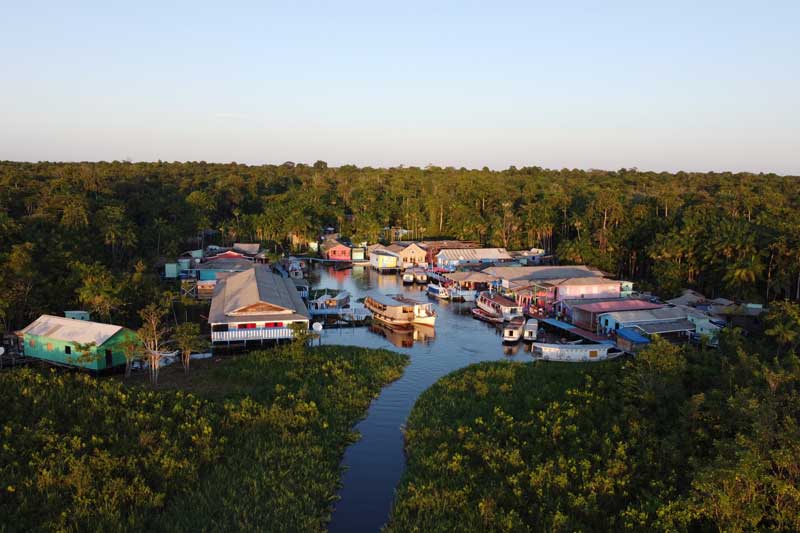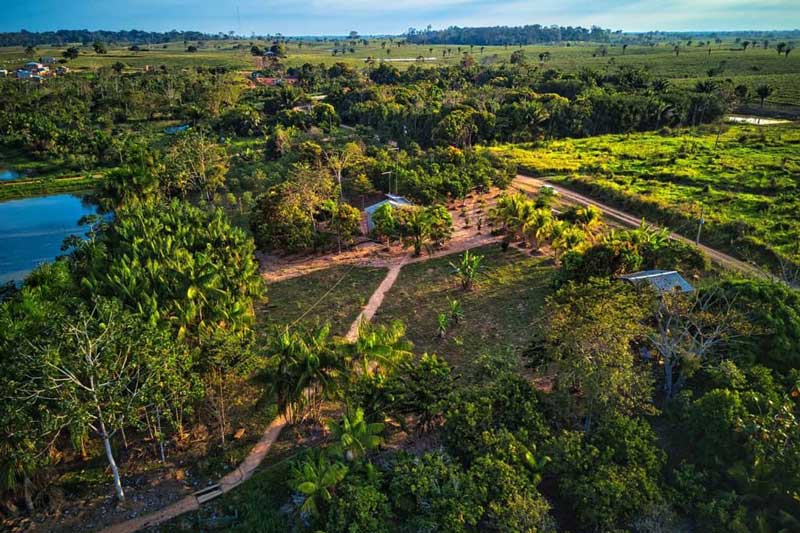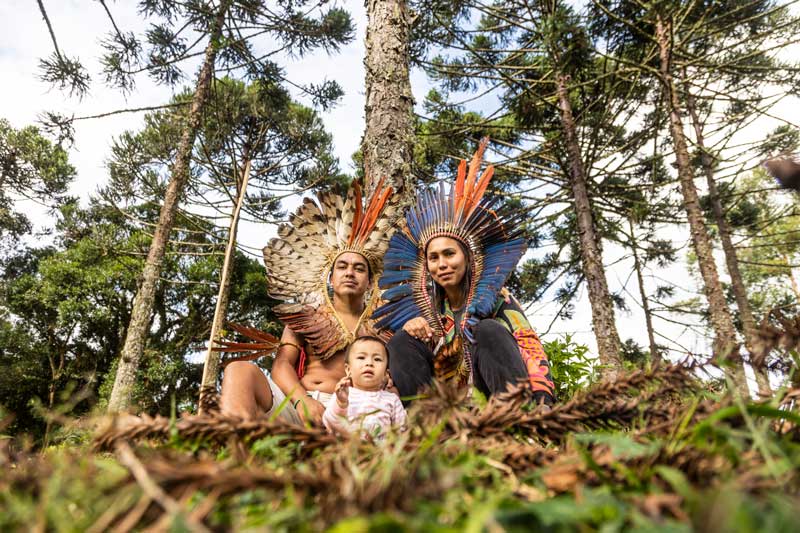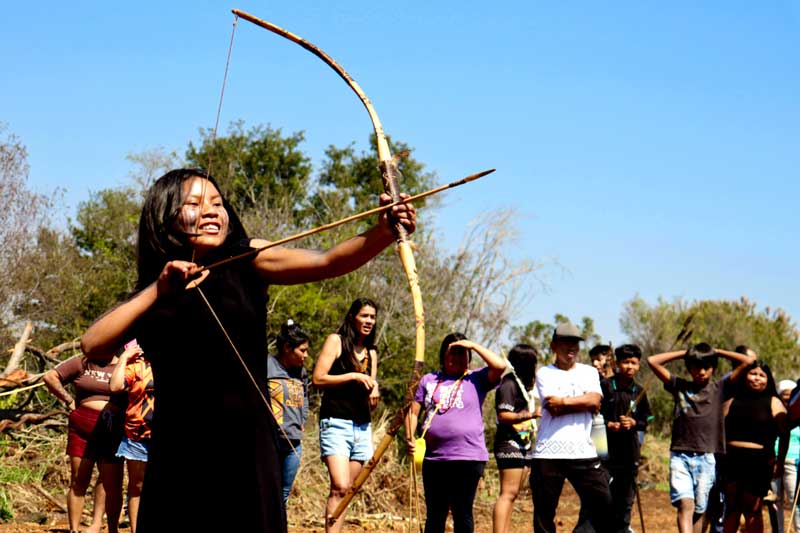The Alok Institute supports UNIVAJA – the Union of Indigenous Peoples of the Javari Valley – in developing the “Ethnoenvironmental Governance and Protection” project. The goal is to facilitate a leadership meeting at the Rio Branco village, home to the Matis people, where actions will be developed to review UNIVAJA’s governance model.
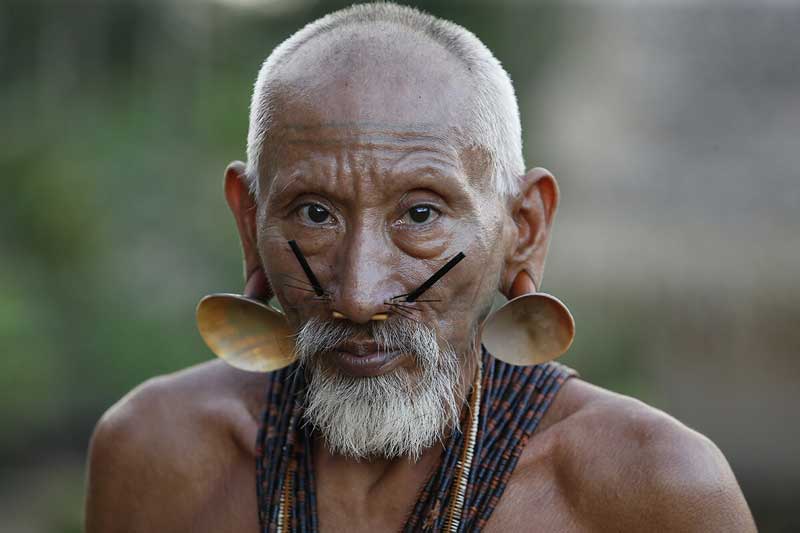
Imagem: Leonardo Set
The leadership meeting is part of the broader context of the “Ethnoenvironmental Protection Project of the Javari Valley/PPEVJ,” based on two main objectives:
- Enhance protection measures throughout the designated area by improving, revitalizing, and strengthening surveillance strategies and structures. These efforts should focus on preventing illegal access and combating illicit activities, such as the extraction and trafficking of natural resources, including wildlife and plants.
- Enhance the leadership of the Indigenous movement by empowering its grassroots organizations, providing them with increased administrative and operational autonomy in their social movement activities.
The organization is one of the Brazilian Indigenous entities that received the 2024 EQUATORIAL PRIZE, awarded by the UNDP – United Nations Development Programme for recognizing solutions that sustainably manage nature and biodiversity.
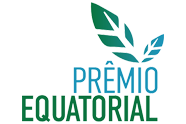
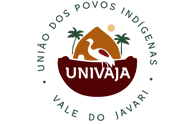
About UNIVAJA
Union of Indigenous Peoples of the Javari Valley
UNIVAJA has been active since 2010 and serves as the main coalition for Indigenous peoples and organizations residing in the Javari Valley, which is home to the largest concentration of “isolated” peoples in the world, comprising approximately seven tribes and 6,102 Indigenous individuals.
The organization is located in the second-largest Indigenous Territory in Brazil, in the far west of the Amazonas state, on the border with Peru. It spans the cities of Atalaia do Norte, Benjamin Constant, and São Paulo de Olivença. The total area covers 8,544,482 million hectares and still remains as one of the Brazilian Amazon’s most remote and unexplored regions.
The organization represents isolated peoples because they are vulnerable to non-Indigenous diseases and face physical and cultural threats when the Javari Valley is under threat. The languages spoken by the “isolated” peoples are unknown.
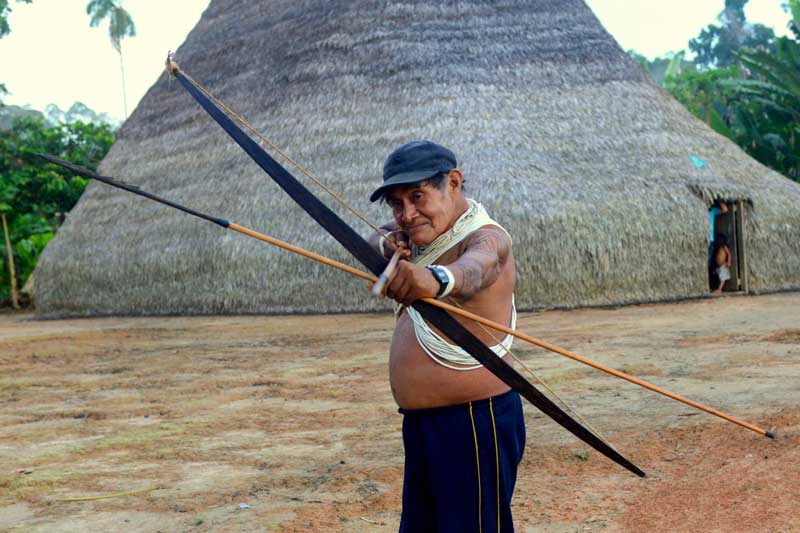
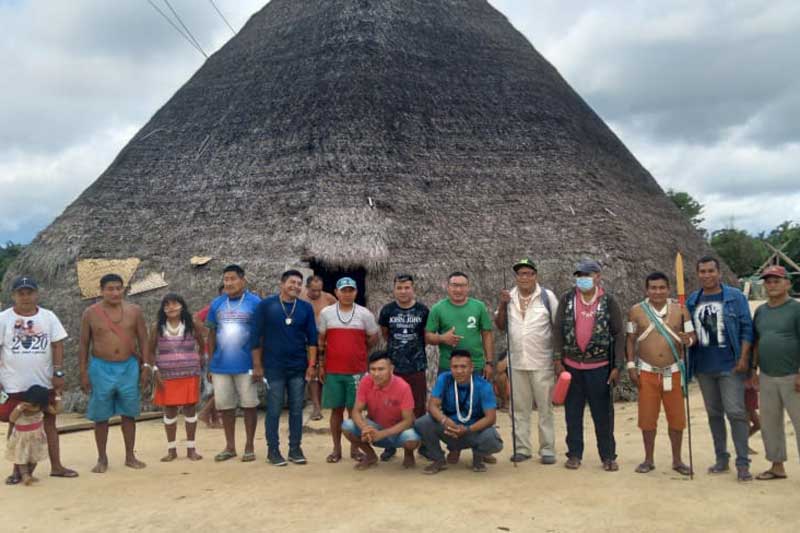
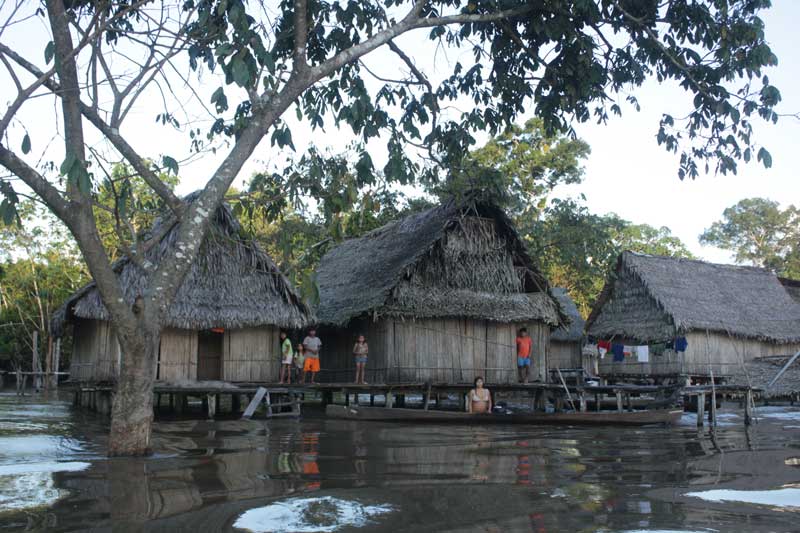
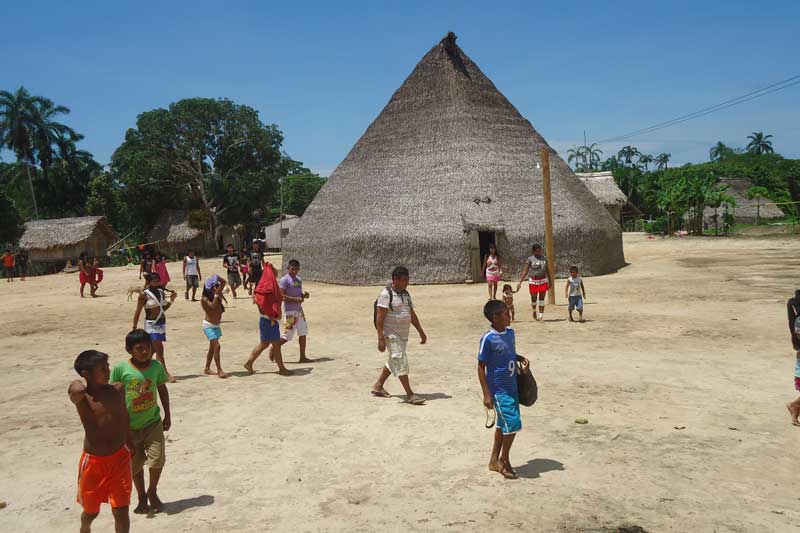
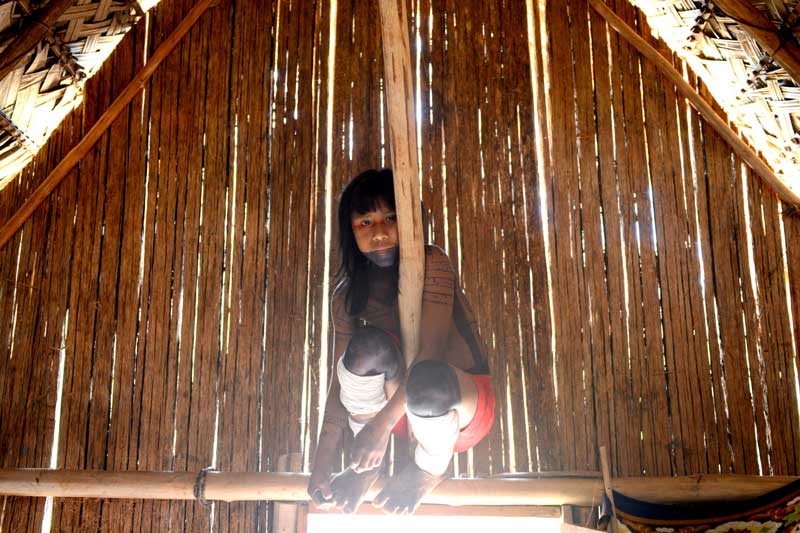
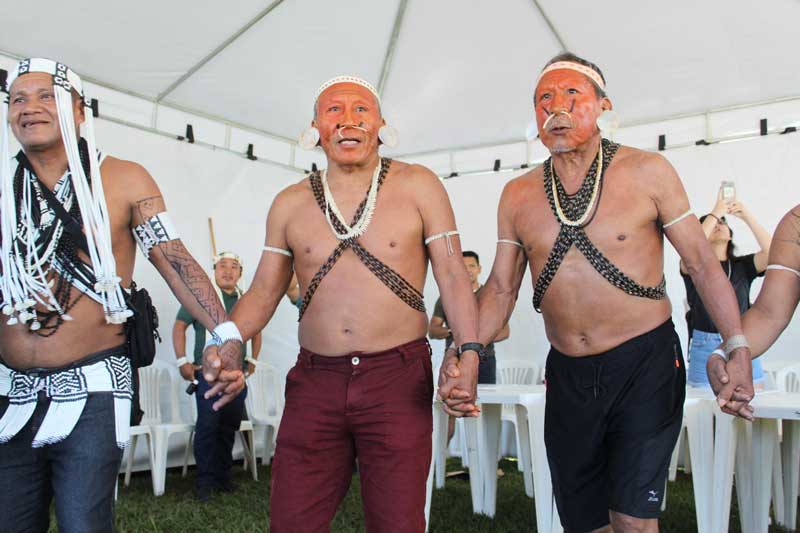
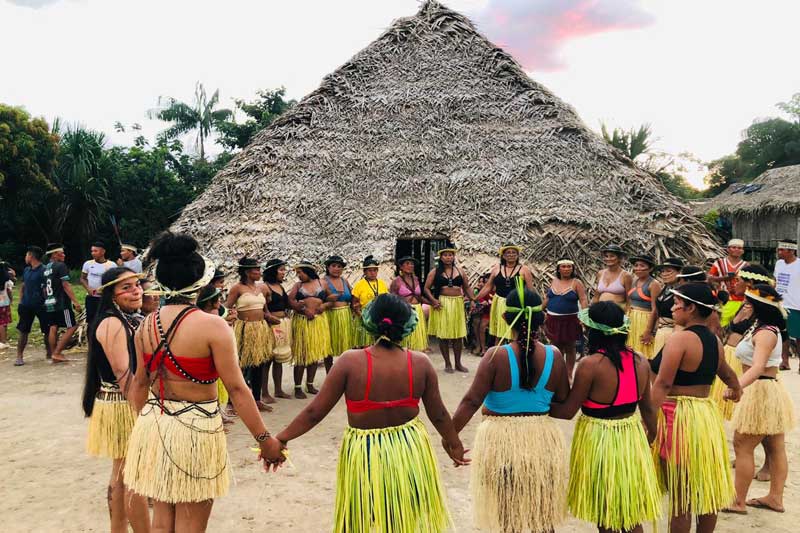
Support you too:
Learn more at: Guardians of the Climate

